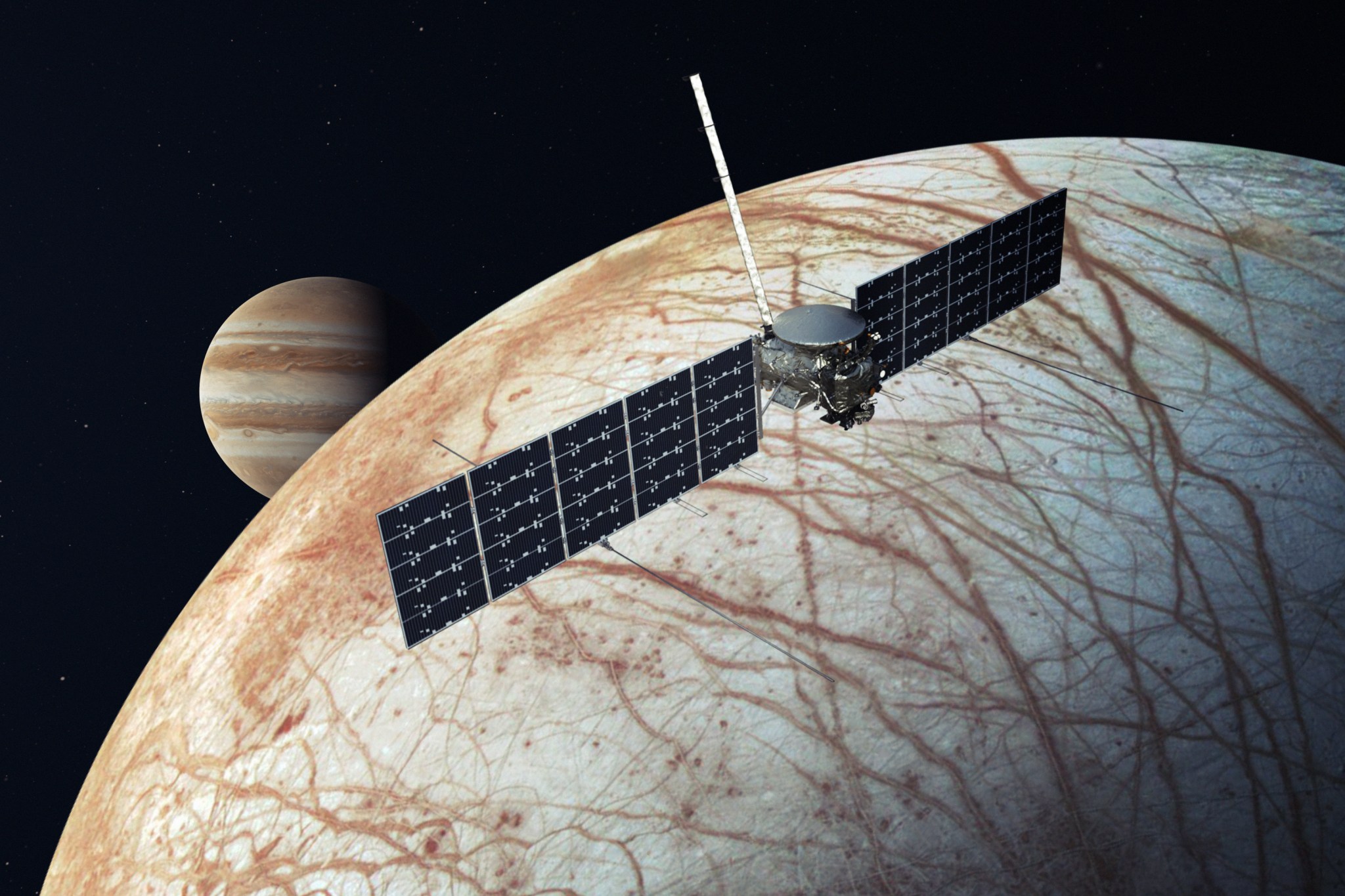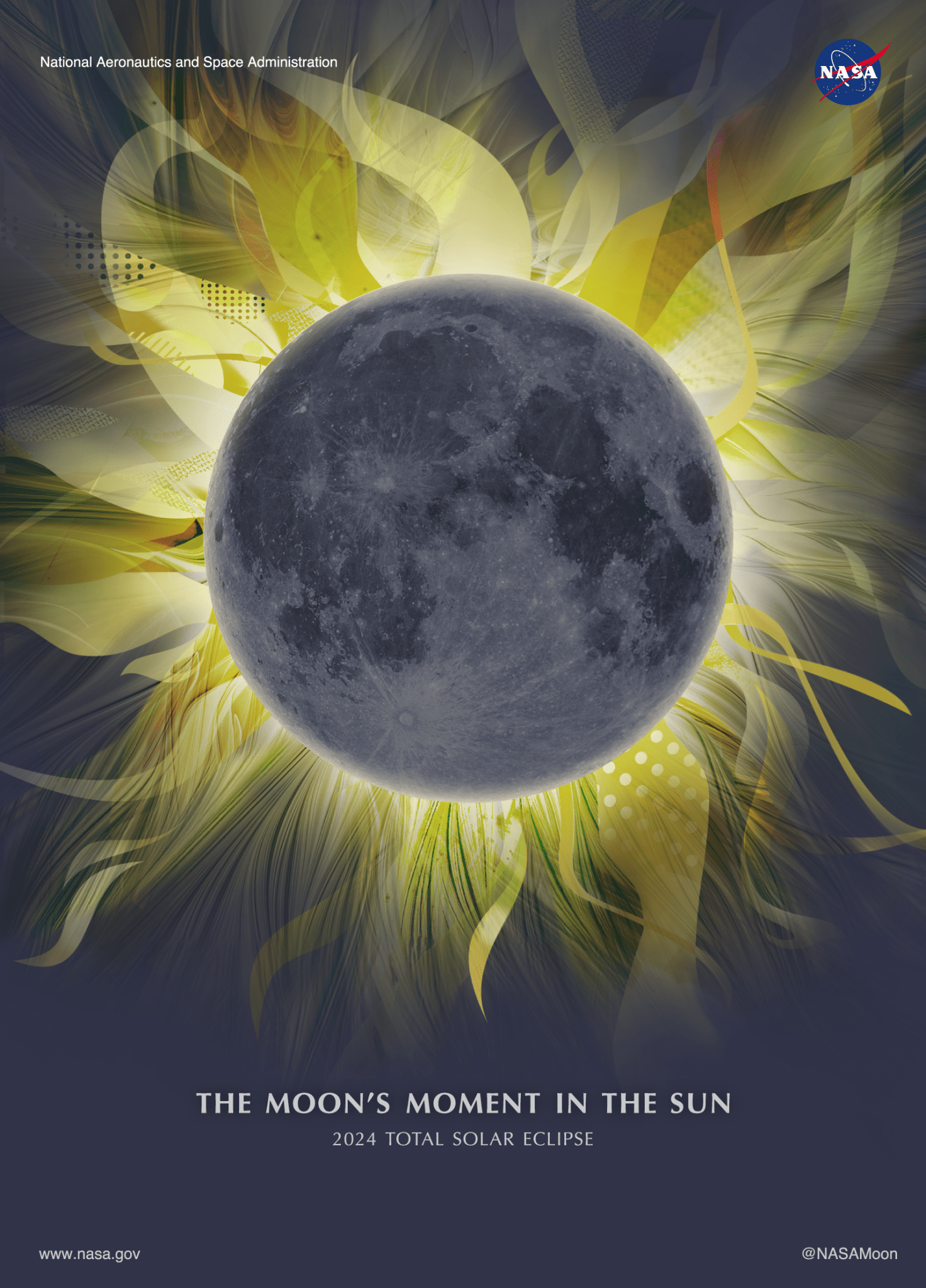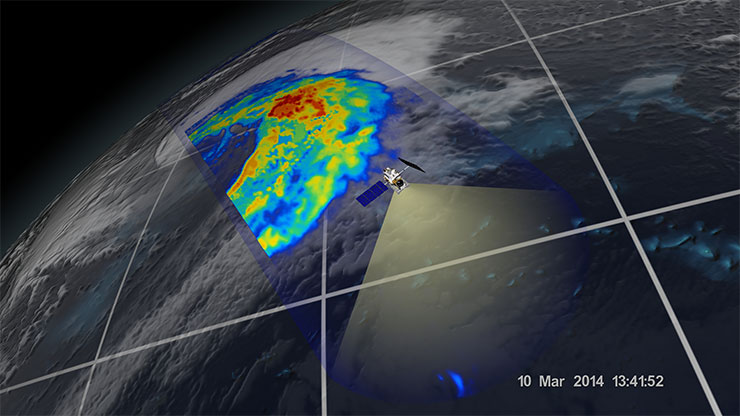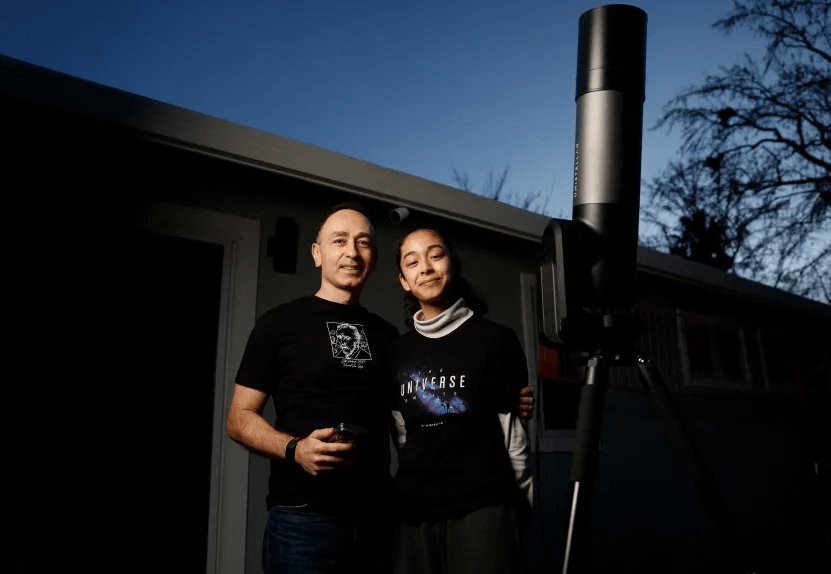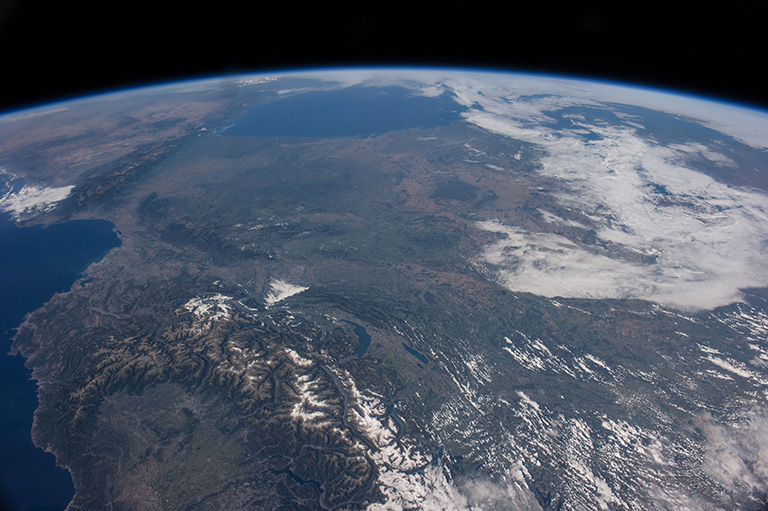Earth Observer Earth and Climate Earth Observer Home Editor’s Corner Feature Articles News In Memoriams Science in the News More Meeting Summaries Archives 16 min read Summary of the 2023 Ocean Surface Topography Science Team Meeting Severine Fournier, NASA/Jet Propulsion Laboratory, severine.fournier@jpl.nasa.govJoshua Willis, NASA/Jet Propulsion Laboratory, joshua.k.willis@jpl.nasa.gov Introduction The annual Ocean Surface Topography (OST) Science Team Meeting (STM) provides a forum for the international altimetry community to foster collaboration, address specific issues, and highlight scientific results and applications every year. The meeting location alternates between Europe and the U.S. The 2023…
Read MoreTag: Uncategorized
Earth Science Information Partners Celebrate 25 Years of Collaboration
Earth Observer Earth and Climate Earth Observer Home Editor’s Corner Feature Articles News In Memoriams Science in the News More Meeting Summaries Archives 13 min read Earth Science Information Partners Celebrate 25 Years of Collaboration Allison Mills, Earth Science Information Partners, allisonmills@esipfed.orgSusan Shingledecker, Earth Science Information Partners, susanshingledecker@esipfed.org Photo 1. Photo of some of the in-person participants of the July 2023 ESIP Meeting. ESIP celebrated its twenty-fifth anniversary in 2023. Founded as a knowledge sharing space, the nonprofit has grown as a collaborative data hub. Photo credit: Homer Horowitz/ Homer…
Read MoreInternational SWOT Mission Can Improve Flood Prediction
6 Min Read International SWOT Mission Can Improve Flood Prediction Flooding on the Souris River inundated this community in North Dakota in 2011. The U.S.-French SWOT satellite is giving scientists and water managers a new tool to look at floods in 3D, information that can improve predictions of where and how often flooding will occur. A partnership between NASA and the French space agency, the satellite is poised to help improve forecasts of where and when flooding will occur in Earth’s rivers, lakes, and reservoirs. Rivers, lakes, and reservoirs are…
Read MoreNASA Selects Students for Europa Clipper Intern Program
4 min read NASA Selects Students for Europa Clipper Intern Program NASA has selected 40 undergraduate students for the first year of its Europa ICONS (Inspiring Clipper: Opportunities for Next-generation Scientists) internship program, supporting the agency’s Europa Clipper mission. Europa ICONS matches students with mentors from the mission’s science team for a 10-week program to conduct original scientific research on topics related to the mission to Jupiter’s moon Europa. Artist’s rendering of NASA’s Europa Clipper spacecraft. NASA/JPL-Caltech The program is planned to run every year until Europa Clipper completes its prime…
Read MoreTest21
Please Disgregard. This is a test. This landscape of “mountains” and “valleys” speckled with glittering stars is actually the edge of a nearby, young, star-forming region called NGC 3324 in the Carina Nebula. Captured in infrared light by NASA’s new James Webb Space Telescope, this image reveals for the first time previously invisible areas of star birth. NASA, ESA, CSA, and STScI
Read MoreTotal Solar Eclipse 2024: The Moon’s Moment in the Sun
5 min read Total Solar Eclipse 2024: The Moon’s Moment in the Sun Artist’s representation of a total solar eclipse, with a new moon in the foreground and the Sun’s corona visible in the background. Download the Poster NASA/Vi Nguyen On April 8, 2024, much of North America will experience a solar eclipse: a cosmic alignment of Sun, Moon, and Earth, in that order. The Moon’s shadow path will make landfall on Mexico’s Pacific coast, cross the United States from Texas to Maine, and exit North America via Newfoundland, Canada,…
Read MoreNASA’s Global Precipitation Measurement Mission: 10 years, 10 stories
An extra-tropical cyclone seen in the Pacific Ocean off the coast of Japan on March 10, 2014, by NASA’s GPM Microwave Imager. Credit: NASA From peering into hurricanes to tracking El Niño-related floods and droughts to aiding in disaster responses, the Global Precipitation Measurement (GPM) mission has had a busy decade in orbit. As the GPM mission team at NASA and the Japan Aerospace Exploration Agency (JAXA) commemorates its Feb. 27, 2014 launch, here are 10 highlights from the one of the world’s most advanced precipitation satellites. First Images Available…
Read MoreUNITE All-Nighter Delights Amateur Astronomers
2 min read UNITE All-Nighter Delights Amateur Astronomers Fadi Saibi and his daughter Sophie, age 14, pose for a photograph with their Unistellar telescope in their backyard in Sunnyvale, Calif., on Thursday, Jan. 11, 2024. Credit: Bay Area News Group/Nhat V. Meye Maybe you read about them in the papers–amateur astronomers in Japan, Russia, France, Finland, and the United States have been pulling all-nighters to spot extraordinary exoplanets, planets orbiting stars other than the Sun. NASA’s UNITE project holds these planetary stakeouts several times every month, and you can join in!…
Read More2023 NASA International Space Apps Challenge Announces 10 Global Winners
5 min read 2023 NASA International Space Apps Challenge Announces 10 Global Winners This Earth observation was captured during a day pass by the Expedition 40 crew aboard the International Space Station on September 2, 2014. European Space Agency Astronaut Alexander Gerst Ten teams from around the world have been named the Global Winners of the 2023 NASA International Space Apps Challenge. The Challenge is the largest annual global hackathon, and gives participants the opportunity to engage with real world problems we face on Earth and in space. The 2023…
Read MoreAWE Launching to Space Station to Study Atmospheric Waves via Airglow
4 min read AWE Launching to Space Station to Study Atmospheric Waves via Airglow NASA’s Atmospheric Waves Experiment, or AWE, mission is scheduled to launch to the International Space Station in November 2023, where it will make use of a natural, ethereal glow in Earth’s sky to study waves in our planet’s atmosphere. Built by Utah State University’s Space Dynamics Laboratory in North Logan, Utah, AWE will be mounted on the exterior of the space station. From this perch, AWE will stare down toward Earth, tracking undulations in the air…
Read More


